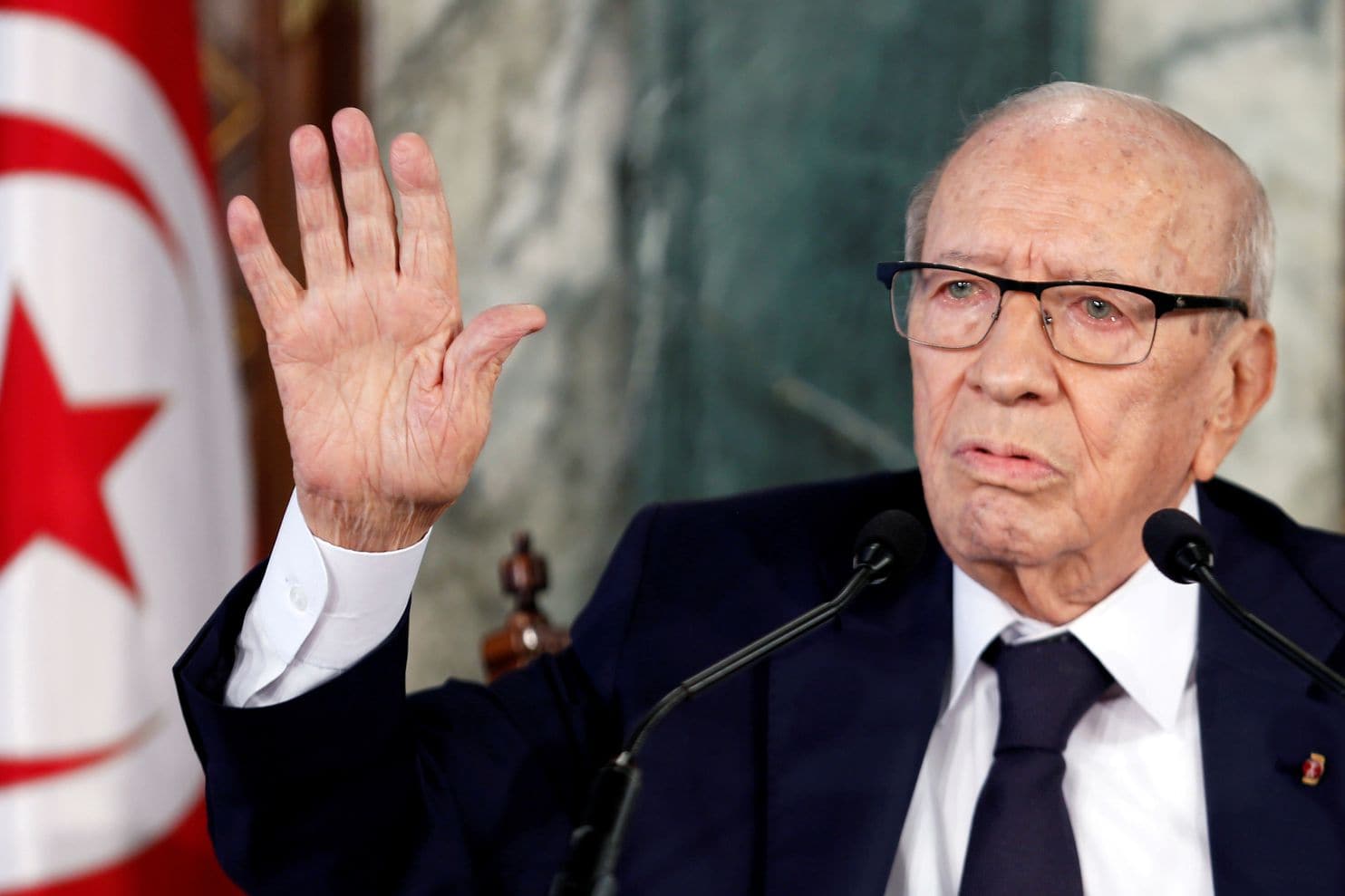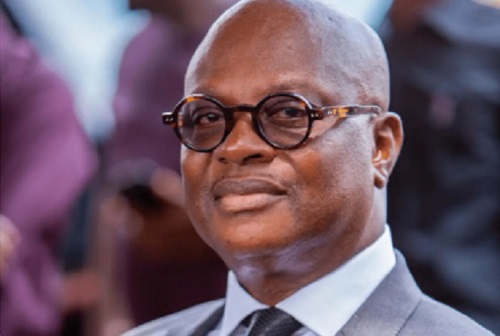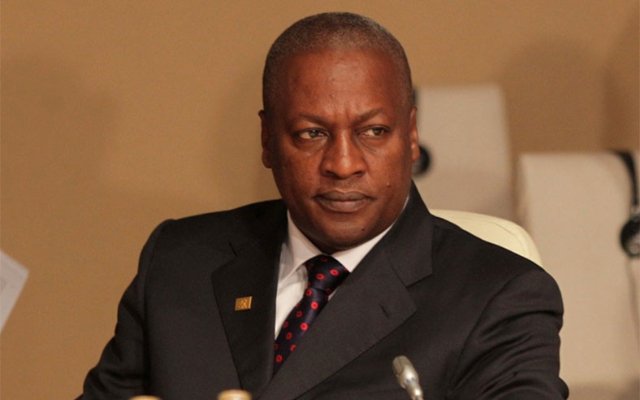Tunisian President Beji Caid Essebsi, the North African country’s first democratically elected leader, died Thursday at the age of 92, his office said.
The veteran politician, the oldest head of state after Britain’s Queen Elizabeth II, came to power in 2014, three years after the Arab Spring uprising toppled longtime despot Zine El Abidine Ben Ali and sparked revolts in several Arab nations.
He had been hospitalised with a severe illness in late June and was returned to intensive care on Thursday.
“Things are not going well,” the leader’s son Hafedh Caid Essebsi told AFP earlier on Thursday after he was readmitted.
Concerned over a potential power vacuum ahead of November polls, politicians and social media users have called for greater transparency about the president’s health since he was hospitalised last month.
Tunisia’s constitution, adopted in 2014, provides two measures in the case of a power vacuum.
The prime minister can take over the president’s responsibilities for a period of no more than 60 days.
If the vacancy is longer, the speaker of parliament is tasked with the role for up to 90 days.
In both cases, the decision must be taken by a constitutional court after it validates the president’s incapacity.
But eight years after the Arab Spring, Tunisia has yet to set up a constitutional court.
In March 2015, jihadist gunmen killed 21 tourists and a policeman at the National Bardo Museum in Tunis.
In June that year, 30 Britons were among 38 foreign holidaymakers killed in a gun and grenade attack on a beach resort near the Tunisian city of Sousse.
And in November 2015, a suicide bombing against a bus carrying presidential guards killed 12, in an attack claimed by the Islamic State group.
A veteran politician, Essebsi served as an adviser to Habib Bourguiba, the father of Tunisia’s independence from France, holding a number of key jobs under him and later under Ben Ali.
Over the years, Essebsi was director-general of the national police and interior minister. He later held the defence portfolio before becoming ambassador to France.
He became prime minister after the 2011 uprising and organised parliamentary elections later that year.
Essebsi is the founder and chairman of the secularist Nidaa Tounes (Call of Tunis) party.
In April, he said he did not plan to stand for re-election in polls due to be held in November this year in order to make way for someone younger.
Presidential elections are scheduled for November 17, after parliamentary elections which have been set for October 6.
Essebsi has neither rejected nor enacted an amended electoral code passed by parliament in June that would bar the way for several strong candidates in the upcoming polls.
The restrictions would rule out the candidacy of media magnate Nabil Karoui, charged earlier this month with money laundering, who has formed a political party and stated his intention to stand in the poll.
(AFP)

 Boss Of The Week4 days ago
Boss Of The Week4 days ago
 The Oracle5 days ago
The Oracle5 days ago
 Opinion4 days ago
Opinion4 days ago
 Middle East4 days ago
Middle East4 days ago
 Islam6 days ago
Islam6 days ago
 National4 days ago
National4 days ago
 Middle East4 days ago
Middle East4 days ago
 Boss Picks5 days ago
Boss Picks5 days ago













